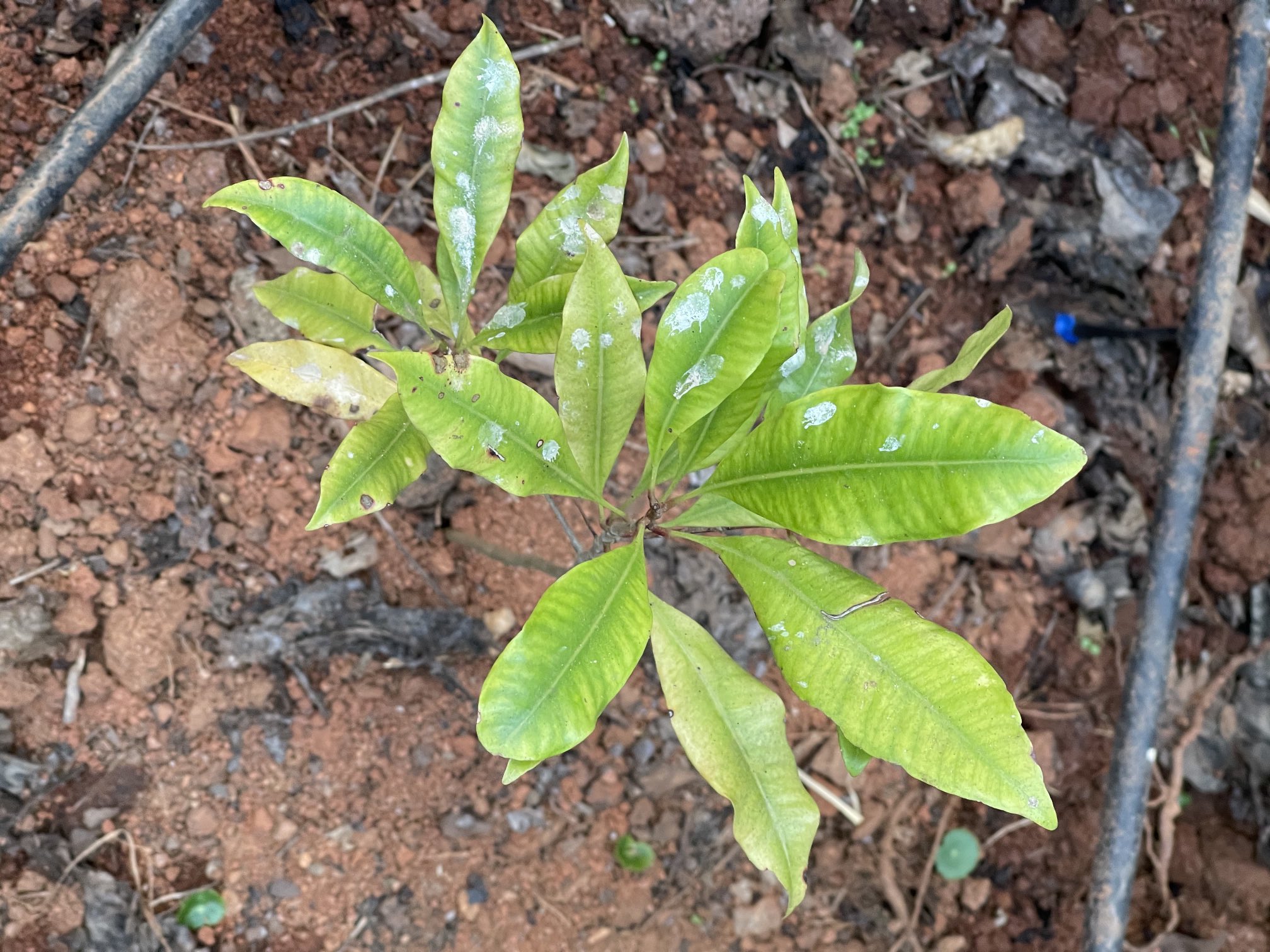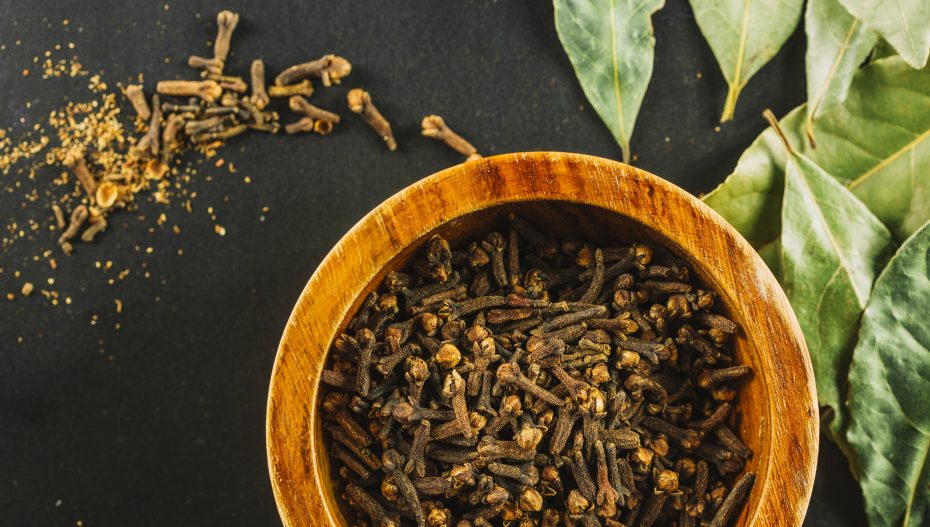Kanniyakumari that has been awarded the Geographical Indication (GI) tag is known for its unique qualities like high concentration of volatile oil content and aroma. Around the 1800s, the East India Company has introduced Clove in India in its spice garden in Courtallam. The densely wooded areas in Kanniyakumari district produce about 73 percent of the area under clove in Tamil Nadu. It is grown at an elevation of 700 m and the warm and humid climatic conditions with well-distributed annual rainfall and the rich humus content in the soil contributes significantly to its color, shape, dimension, and quality.

Tamil Nadu accounts for close to 1,000 tonnes out of the total production of 1,100 tonnes of cloves in India, of which over 65% is grown in the district. The climate in the hilly areas of Kanniyakumari district is ideal for the cultivation of clove. This region benefits from both the northeast and southwest monsoons. Apart from this, sea mist comes in and works up the moisture required for the crop. The presence of black soil which is rich in organic nutrients is suitable for the cultivation of cloves. It makes the cloves grown in the region unique.
The fallen leaves, flower buds, and stalks are used in the preparation of essential oil. The clove bud and its oils are also used in the pharmaceutical, medical, and perfumery industries. The clove buds from Kanniyakumari are mostly preferred for the presence of higher volatile oils.












